Looking for a way to pass time and escape from the present? Diving deep into the pages of books about the past is a great way to go about it. History is messy stuff, but much of it is, in fact, not ugly and not all that hard to process. The more you know about it, the more the messes make sense, both in a historical and modern context. Here are some of the best history books that give you brilliant knowledge in enjoyable prose.
While best is an easy word to throw around, it's harder to pin down. In the case of the best history books ever written, best is a highly subjective distinction that depends on your perspective. What is considered the best by someone born in raised in Los Angeles, for example, is likely very different from someone raised in Tokyo. It is, however, fairly easy to determine the greats that should be included in any true history buff's reading list.
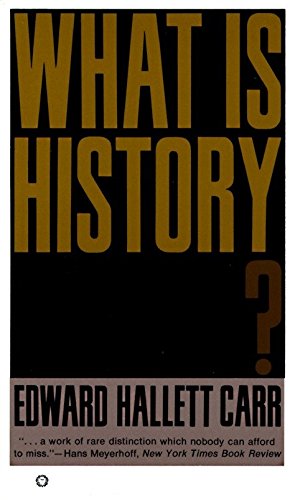


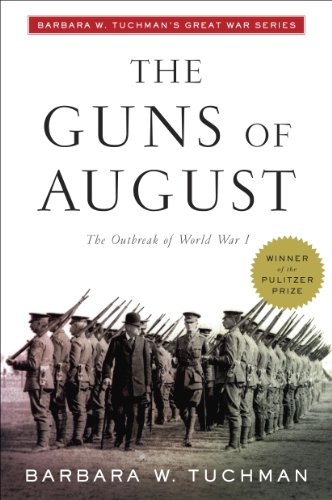

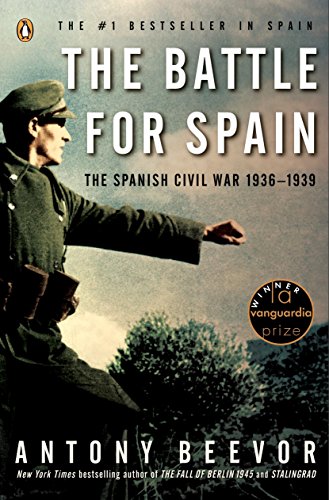









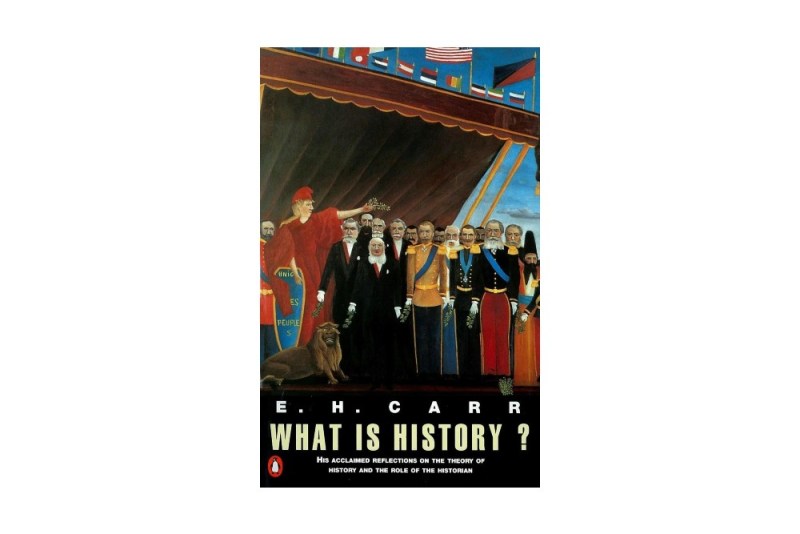
What Is History? by Edward Hallett Carr
An outlier on this list in that it doesn't look at any specific period or event in history, Carr's book is nevertheless essential reading in that it teaches you how to read and understand history. Initially criticized for its "dangerous relativism," the book is now considered foundational to the field thanks to its explanation of how perspective and bias can affect the way we interpret historical events. This should arguably be your first book if you're making your initial forays into history.

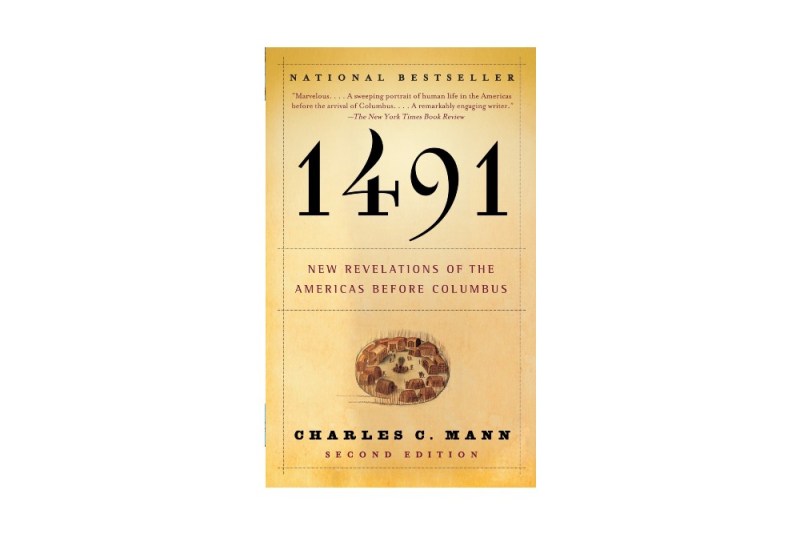
1491 by Charles C. Mann
As we all know from the schoolroom rhyme, in 1492 Columbus sailed the ocean blue. Then he "discovered" the Americas. This, of course, is an accurate depiction of history only if you're willing to ignore the millions of people who were already living in complex societies when he got there. In this book, Mann not only dispels the myth of Columbus's discovery, but details the various civilizations residing in North, Central, and South America, explaining their customs and cultures, providing a glimpse into a lost way of life, and reminding us that -- for better or worse -- history tends to be told by the victors rather than the vanquished.


Precolonial Black Africa by Cheikh Anta Diop
When it comes to the history of Africa, the vast majority of "western" readers receive information solely from "western" historians. Accordingly, they end up with a very one-sided look at the continent's past. Here, the renowned Senegalese historian Cheikh Anta Diop takes readers into the histories of many overlooked African civilizations, illuminating not only their histories, but how they played a key role in the development of the world as we know it today.

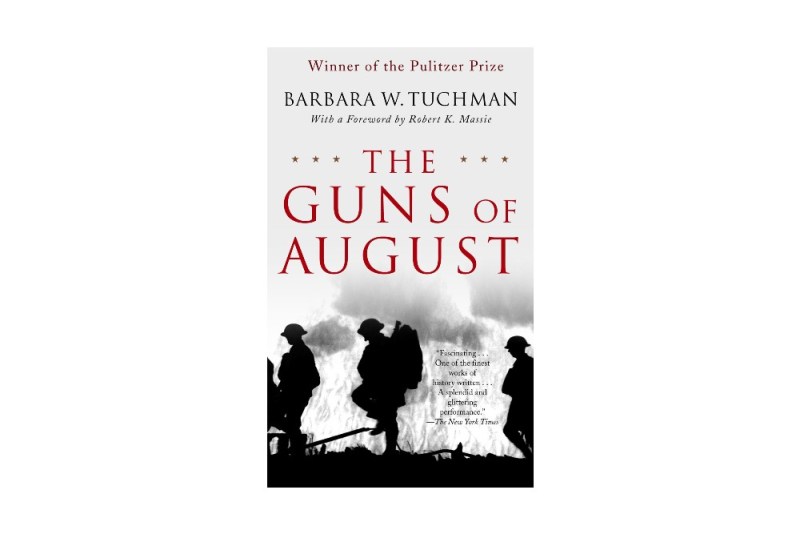
The Guns of August by Barbara Tuchman
Few events have changed the course of world history as distinctly as World War I, and few people have a clear idea of why and how the war got started in the first place. If World War II had obvious enemies and causes, the origins of the so-called "war to end all wars" were much more obscure. Here, Tuchman looks at the month leading up to the tragic conflict, unraveling its numerous strands and relating the day-to-day developments with clarity and intensity, unlike any book that proceeds it.

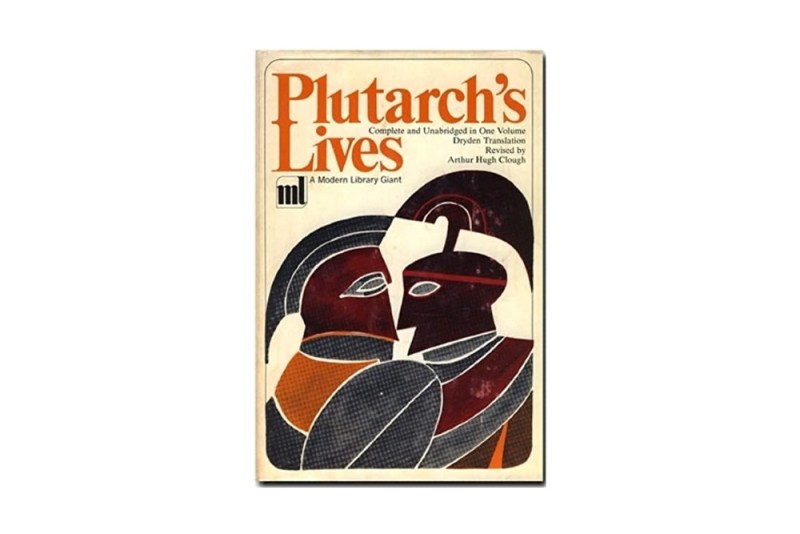
Parallel Lives by Plutarch
Now we're getting deep into the classics. Written by the great Greek philosopher and historical Plutarch sometime in first half of the second century AD, Parallel Lives (also often known just as Lives) is made up of 23 side-by-side biographies comparing the lives of historic Greek and Roman figures who lived out similar destinies. Athens founder Theseus, for example, is paralleled with Rome's founder Romulus. In another chapter, Alexander the Great is posed against Julius Caesar. Considered one of the earliest works of history as we understand it, it's essential reading for any student of the Antiquities.

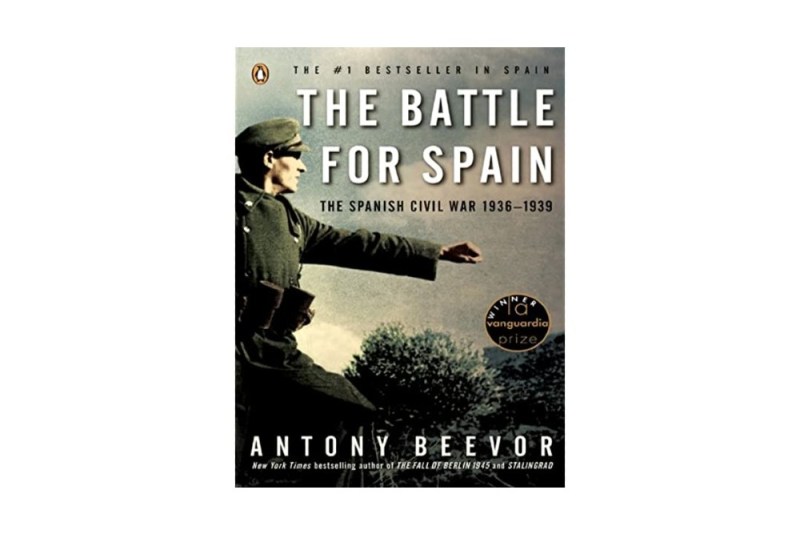
The Battle for Spain by Antony Beevor
While Beevor is known for having written several of the greatest books on World War II, this book stands out in that it is often considered the most comprehensive look at the test-run war that led directly up to it, the Spanish Civil War. With its in-depth exploration of the many factions, detailed maps of engagements, and explanation of foreign support from future enemies like Germany and Russia who were using the conflict as a proxy skirmish, the book provides a fascinating look at the war that bled directly into WWII.

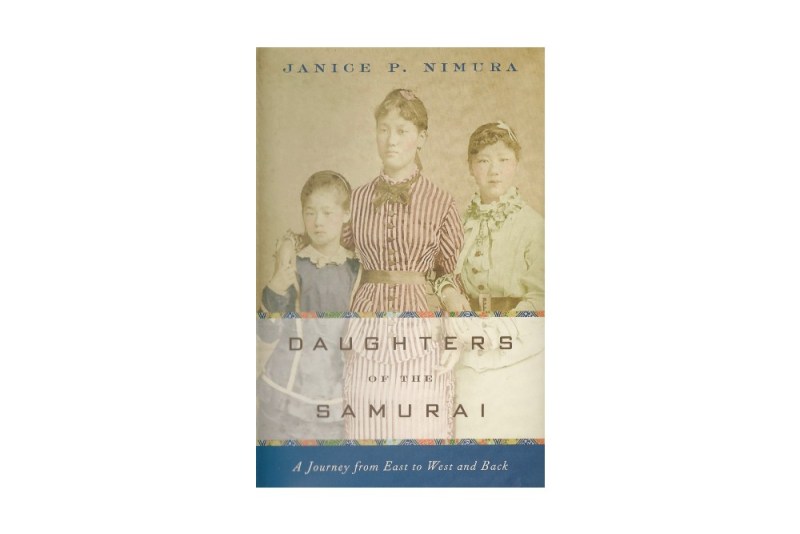
Daughters of the Samurai: A Journey from East to West and Back by Janice P. Nimura
In the 1870s, five girls from Japan visited the United States with the intention of learning something of western culture and then to bring it back to their native country. They spent roughly a decade in the U.S., then returned home with new ideas about women's education and their place in society. Nimura's book is a powerful read for anyone looking to understand the development of women's rights and the formation of early global bonds.

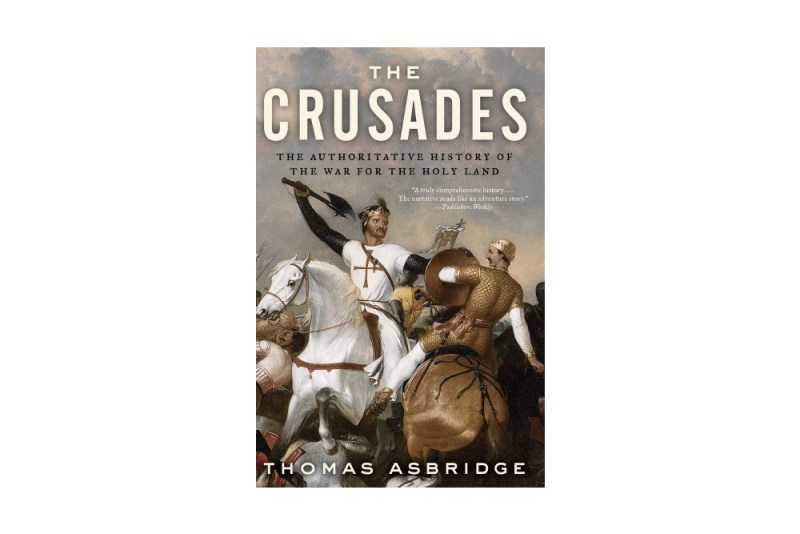
The Crusades by Thomas Asbridge
Almost universally heralded as the most expansive examination of the series of conflicts that plagued the Levant and Mediterranean over the course of the Middle Ages, here Asbridge looks not only at the Crusades themselves but how they have impacted the world that followed. This isn't just a great read for anyone seeking a detailed understanding of the topic in question, but who wants an engaging, sometimes outright thrilling narrative.


This Is Your Mind on Plants by Michael Pollan
The newest book to appear on our list, here we look not at an event or period but at specific plants and how they've impacted our society. While Pollan has looked at a variety of plants before, here he zooms in on coffee and tea, opium poppies, and mescaline cacti, examining the histories of the plants and their effects on our bodies, minds, and society.

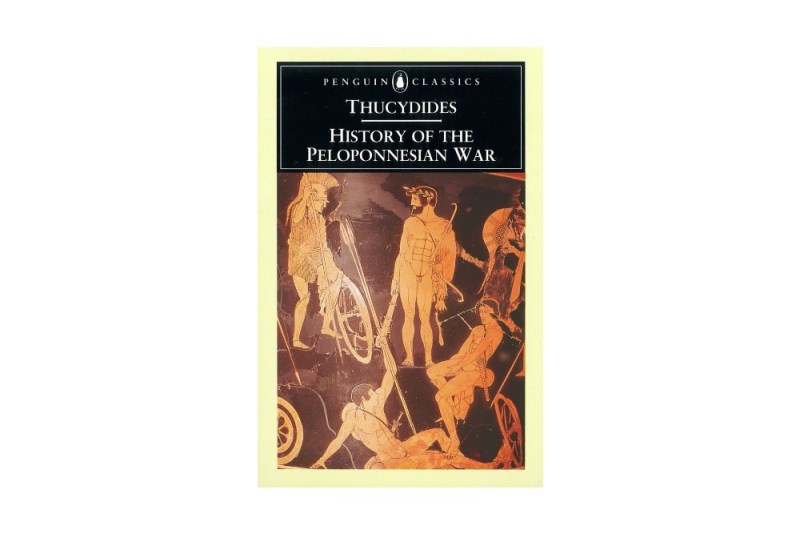
The History of the Peloponnesian War by Thucydides
Written some 2,500 years ago, this is a detailed -- emphasis on detailed -- dive into the great war between Sparta and Athens. It's an insanely dense book that no one expects you to read, but if you do you will be part of a select group of exceedingly patient history buffs. This is the Mount Everest of history books. Suffice to say that it's an impressive addition to your bookshelves.

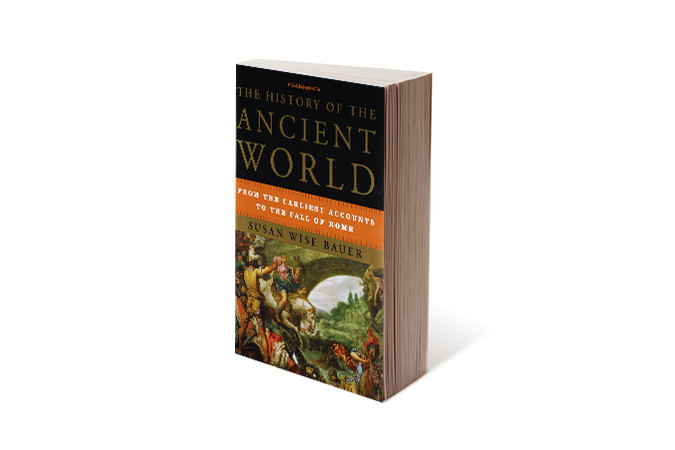
The History of the Ancient World by Susan Wise Bauer
Publisher's Weekly said Susan Wise Bauer's book The History of the Ancient World: From the Earliest Accounts to the Fall of Rome "guides readers on a fast-paced yet thorough tour of the ancient worlds of Sumer, Egypt, India, China, Greece, Mesopotamia, and Rome." I'd call that a fine summation. When you close this sweeping, nearly 900-page tome, you won't know the blow-by-blow of the Battle of Thermopylae or the intimate details of the plot leading up to Caesar's assassination, but you will have a keen sense of how each early civilization developed, grew, and ultimately fell (or at least changed or merged with another) in addition to how they impacted one another. If you have forgotten the bulk of your ninth-grade ancient history class (I haven't, by the way, Mr. Farquahar!), then this book is a good place to start your re-education.


Guns, Germs, and Steel by Jared Diamond
Guns, Germs, and Steel: The Fate of Human Societies isn't the history of one particular place, people, or period, it is an examination of what happened to a range of peoples in a host of places and times based on agriculture, disease, and other factors, like luck. History happened the way it happened not because one group of people was innately better than any other, but simply because some folks first developed better weapons or learned how to grow more food than the next culture over. But for slight changes, it all could have been different. (Not necessarily better, mind you, just different.)

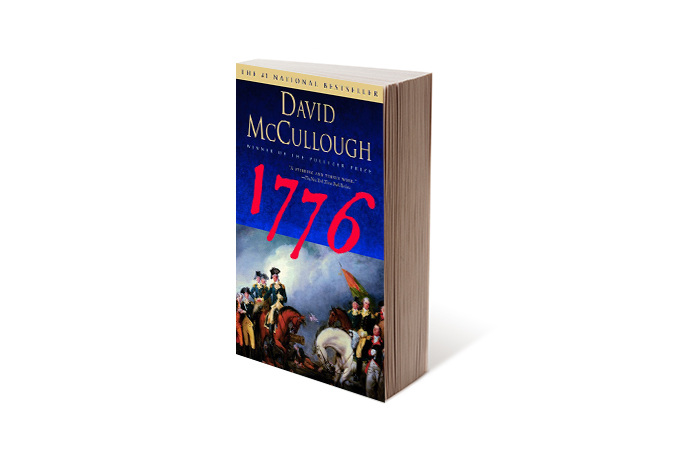
1776 by David McCullough
Ah, David McCullough, dropping knowledge on us for decades. As usual with his books, 1776 unpacks just about everything you need to know about its subject -- in this case, we're talking about the formation of the United States of America, a nation forged in the fires of war but crafted by ideals. In these pages, George Washington is no mythic figure, he is flesh and blood, but no less impressive for it. And British commander Sir William Howe is no villain, either, but a formidable and worthy adversary. McCullough's writing is authoritative yet readable.

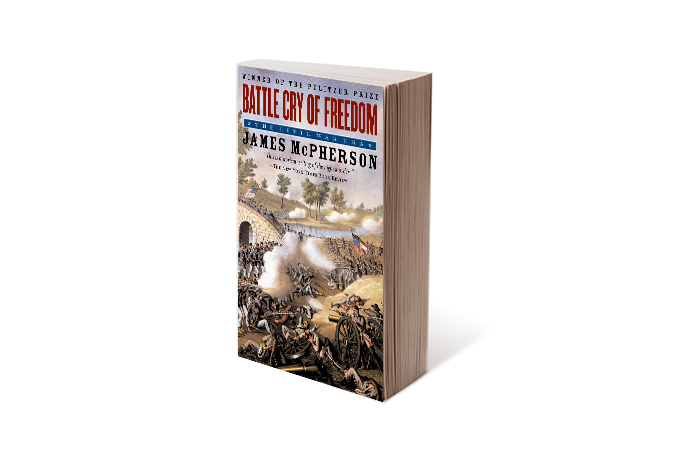
Battle Cry of Freedom by James McPherson
It's important that you note the subtitle of James McPherson's book Battle Cry of Freedom: The Civil War Era. For while this celebrated tome covers all the major battles and features all the major officers on both sides of the war, it also spreads wider, looking at the politics of the war years, the events that preceded the outbreak of hostilities in 1861, and the ramifications of America's deadliest conflict. This is one of the best single-volume histories ever written about the Civil War and might be one of the best single-volume histories on any topic of so large a scale.

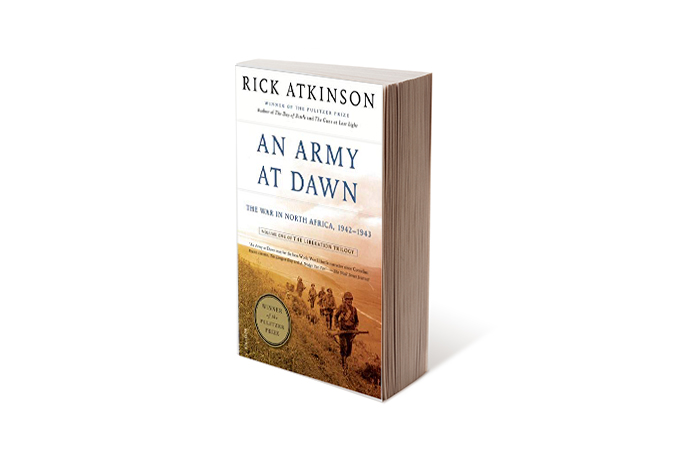
The Liberation Trilogy by Rick Atkinson
Rick Atkinson didn't write the book about World War II, he wrote the books. His three-volume series, An Army at Dawn: The War in North Africa, 1942-1943, The Day of the Battle: The War in Sicily and Italy, 1943-1944, and The Guns at Last Light: The War in Western Europe, 1944-1945, is about the best resource you could ask for when it comes to a comprehensive telling of America's role in the entirety of the Western Theater of WWII. In reading the





